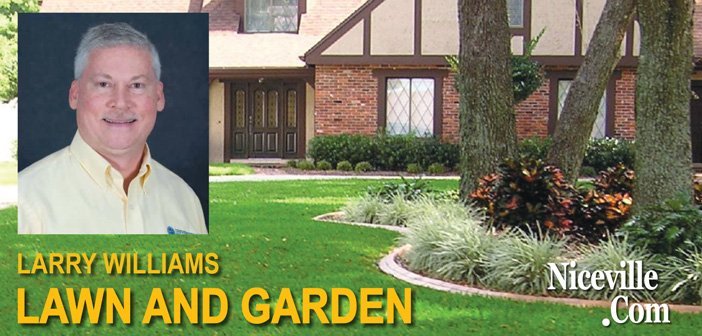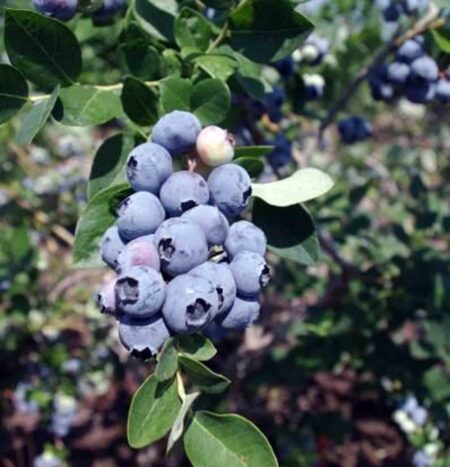Slower decomposing materials such as sawdust or other wood products will last longer but as they are breaking down in the soil, the microorganisms that help decompose the wood use or tie up some of the available plant nutrients such as nitrogen.
There’s a difference between mulching and amending
Many common and readily available soil amendment materials don’t last long in our soils and climate. Materials such as peat moss decompose rapidly in our sandy soils, under our warm, moist conditions. The microorganisms break the “stuff” down very fast. As a result, benefits from the additional organic matter are lost relatively quickly unless additional organic matter is repeatedly incorporated into the soil.
Slower decomposing materials such as sawdust or other wood products will last longer but as they are breaking down in the soil, the microorganisms that help decompose the wood use or tie up some of the available plant nutrients such as nitrogen. So even though wood source materials such as sawdust may last longer as a soil amendment, additional nitrogen fertilizer may be needed until the wood is well decomposed.
This may take months to years based on how well rotted the wood was when incorporated. It’s best to use well-rotted sawdust as a soil amendment and to be aware that extra nitrogen may be needed to compensate for light green to yellow plant leaves.
Typically, mushroom compost contains a high degree of lime and as a result is usually on the alkaline side. It has its place as a soil amendment but probably should not be used as a soil amendment where
This would include common plants like centipedegrass, blueberries, azaleas, camellias
There needs to be a reason to amend the soil. Is the soil too heavy and poorly drained such as is the case with clay or muck type soils? Then, you may need to add something to help “open up” the soil to offer more air space to improve drainage such as perlite or course sand.
Is the soil sandy with a low pH? Then, you may want to use mushroom compost. Will you be growing plants that will be “happy” with the soil on site? Then, no soil amendment may be needed. To amend the soil for no good reason may be
Larry Williams is the Extension horticulture agent with the Okaloosa County Cooperative Extension Service, University of Florida. Contact Larry at 689-5850 or email lwilliams@myokaloosa.com.







